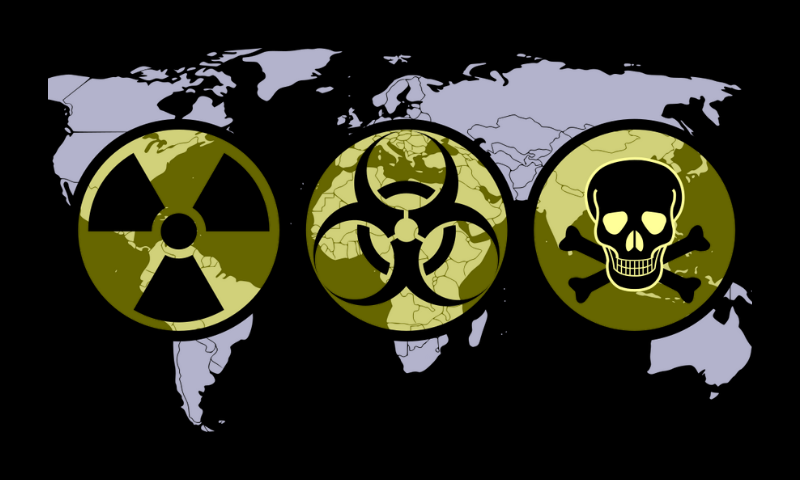Michelle Bentley
Current History, Volume 122, Issue 840, January 2023
“Failure to respect WMD norms also undermines future arms control diplomacy. WMDs are regulated by agreements that hold taboos at their core.”
Vladimir Putin does not play by the rules. The Russian president has long had a reputation for riding roughshod over the values of the international political community with uncompromising and macho disrespect. Analysts speak of the “Putin Doctrine”—a foreign policy of Russian dominance that is imposed regardless of widely accepted norms of state actor behavior. The Russian invasion of Ukraine is yet another example of Putin’s audacity. A NATO joint statement in March 2022 called the invasion “a fundamental challenge to the values and norms that have brought security and prosperity to all on the European continent.”
These broken norms include the violation of Ukraine’s sovereignty, an affront to the expectation that states should not invade other states without legitimate reason. Putin has also undercut the humanitarian rules of war. Russian forces have used controversial weapons, such as thermobaric devices and cluster bombs, and indiscriminately attacked civilian targets, including hospitals and a maternity ward.
Moreover, Putin has specifically threatened to violate taboos on the use of weapons of mass destruction (WMDs)—nuclear, biological, chemical, and radiological armaments. The concept of taboo comes from anthropology and refers to the cultural rejection of certain acts and objects as socially unacceptable—too unclean or too sacred to engage with. The concept has since been adopted within the discipline of international relations to explain the stigmatization of certain political actions and ideas on the basis that they are exceptionally disgusting and constitute an extreme threat. … [To read the full article, click here]


